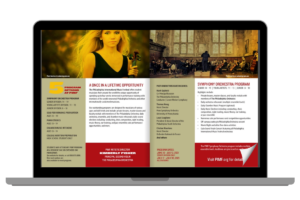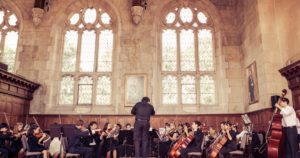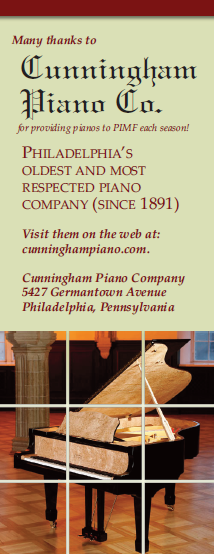 Music has a powerful effect on our emotions and the way we think. In just the past few years, studies have been conducted and scientists know now about how the brain develops.
Music has a powerful effect on our emotions and the way we think. In just the past few years, studies have been conducted and scientists know now about how the brain develops.
Children are born with an uncountable number of brain cells that then form to make connections with each other during the few few years of life. With time, the connections that are used regularly become much stronger than those that are used more infrequently. Children who grow up listening to music develop strong music-related connections, this is why calm lullaby will calm a child when a song with a faster and louder beat can cause the child to become upset.
Studies have shown that listening to classical music can improve one’s spatial reasoning for a short period of time. Learning to play an instrument may have an even longer effect on certain thinking skills. Researchers and scientists think the complexity of classical music is what stimulates the brain to solve spatial problems more quickly.
What Can You Do As A Parent?
Diane Bales, Ph.D. has put together a the following list for parents to help your child grow with music in their hearts.
- Play music for your baby. Babies should be exposed to many different musical selections of various styles. As a parent, if you play an instrument, practice when your baby is nearby. Remember to keep the volume low, babies have sensitive hearing.
- Sing to your baby. Hearing your voice helps your baby begin to learn language even if you are not a talented singer. Babies love the patterns and rhythms of songs. And even young babies can recognize specific melodies once they’ve heard them.
- Sing with your child. Setting words to music actually helps the brain learn them more quickly and retain them longer. That’s why we remember the lyrics of songs we sang as children, even if we haven’t heard them in years.
 Start music lessons early. Don’t wait! Young children’s developing brains are equipped to learn music. Most four- and five-year-olds enjoy making music and can learn the basics of some instruments. Starting lessons early helps children build a lifelong love of music.
Start music lessons early. Don’t wait! Young children’s developing brains are equipped to learn music. Most four- and five-year-olds enjoy making music and can learn the basics of some instruments. Starting lessons early helps children build a lifelong love of music.- Encourage your child’s school to teach music. Singing helps stimulate the brain. Over time, music education as a part of school can help build skills such as coordination and creativity. And learning music helps your child become a well-rounded person.




